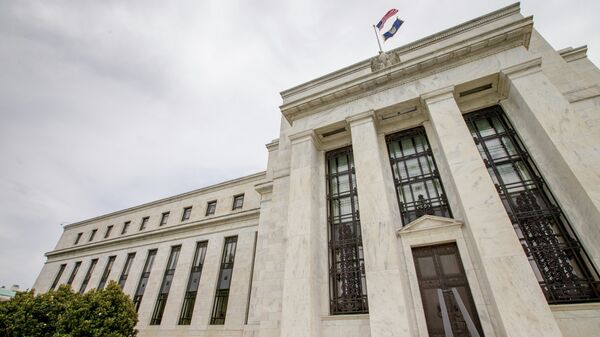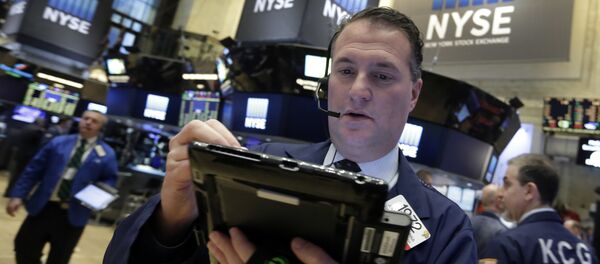According to a report by the US Department of Commerce published Monday, consumer spending added only 0.1% in February having declined 0.1% the previous month. Earlier estimates for January suggested a 0.5% gain in consumer spending, yet, a dramatic downward revision was motivated by declines in purchases of durable goods by households that month.
Inflation-adjusted consumer spending added 0.2% in February, whilst the previous month it remained flat. Even though the US labor market is improving, with unemployment at only 4.9%, personal incomes added only 0.2% in February compared to 0.5% the previous month.
Purchases of durable goods slumped 0.7% in February, whilst services expenditures gained 0.4%.
Meanwhile, US consumer inflation declined by 0.1% in February after having advanced 0.1% the previous month. Year-on-year inflation slowed to 1.0% last month compared to 1.2% in January. However, the core personal consumption expenditures (PCE) price index measure, released by the Labor Department in a separate report, stood at 1.7% year-on-year in February. Core PCE measure, which excludes food and energy, is the main indicator for the Federal Reserve decision-making and assessment of possible risks of the coming hikes in borrowing costs.
Yellen mentioned ‘transitory factors' affecting inflation, suggesting cyclical dynamics in prices on clothing, airline tickets, rents, and automobiles, both new and used, gave inflation a boost in the first two months of the year. In longer-term inflation is fundamentally weaker than even current numbers may suggest.
Oil prices in another factor. Jaffrey Lacker, President of Federal Reserve Bank of Richmond, said a week ago that main inflation measure might gain an uptick after crude prices return to upward dynamics.
"Inflation has been held down recently by two factors, the falling price of oil and the rising value of the dollar," Lacker said. "But neither factor is likely to depress inflation indefinitely. After the price of oil bottoms out, I would expect to see headline inflation move significantly higher."
However, given today's inflation figures, the Fed is likely to abstain from hikes in rates during the next several policy meetings.
Overestimating gains in prices bears significant risks to overall growth, which the regulator cannot afford when the economy is sliding into a recession already. Meanwhile, as global economic weakness persists, the dollar is bound to appreciate as investors are buying into haven assets, including the greenback.
Today's inflation report pushed the value of US governmental debt securities higher reflecting the demand for haven assets amidst grim news. Treasury yields are sliding, quenching market volatility. Subsequently, futures indices were up, and the dollar dropped against its major peers as Fed hike expectations are fading.




